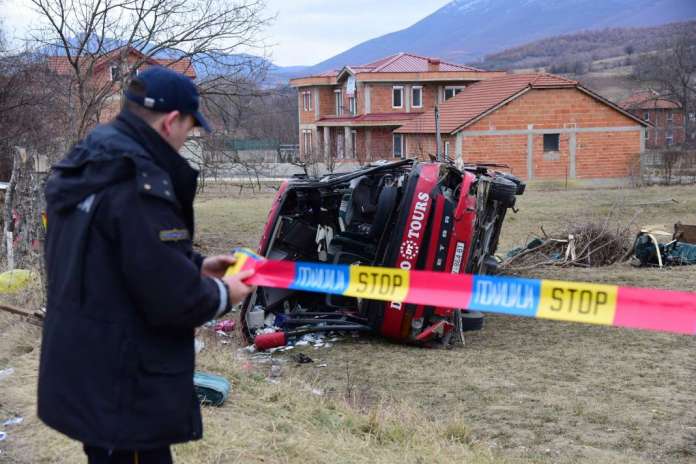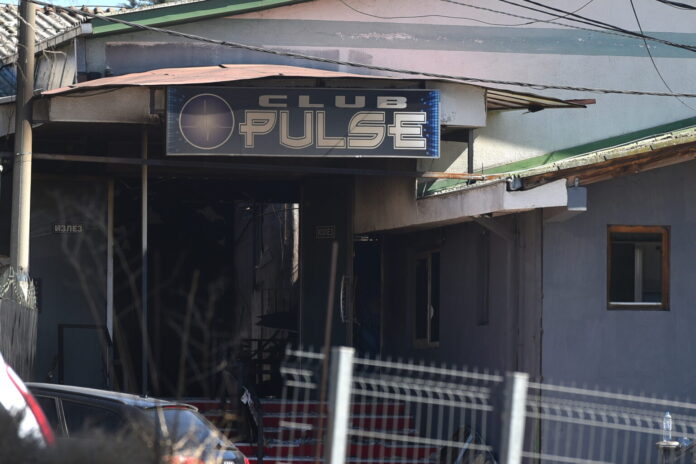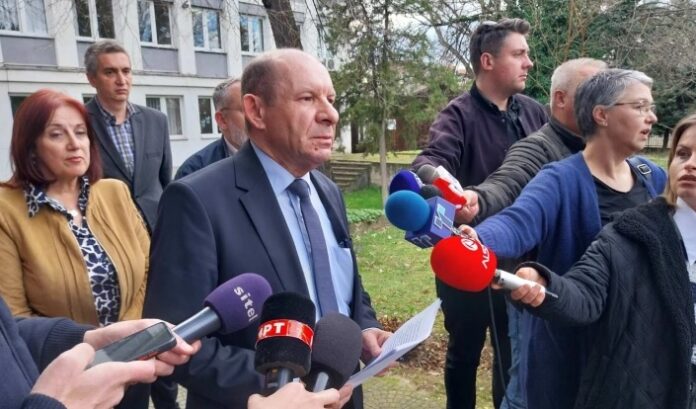Two nuclear forces began a conventional war

Another serious military hotspot flared: In the Middle East, India and Pakistan they entered a military conflict
A military conflict began in the Middle East, between two nuclear forces – India and Pakistan. The world is again in severe stress, fearing that if the conflict escalates to war, it could have catastrophic consequences not only for those two countries, not only for that middle -eastern region, but also much wider. The UN Secretary -General (UN), Antonio Guterres, has not instantly leaked, warning that the tensions between the two South Indian suspicions have reached « the highest level in recent years », called for maximum military restraint (both from India and Pakistan).
Start of a military conflict between the two nuclear forces – India and Pakistan
The day (Wednesday), in the early morning local time, India launched the Sinor military operation. The narrative of the public was that India intervened against « terrorist infrastructure » in Pakistan, as well as in the Pakistani part of Kashmir. In fact, Sinor’s operation, according to official New Delhi, is « a response to the massacre of 26 people Indian tourists killed last month when gunmen attacked the city of Pahalgam in Indian Kashmir. Official Delhi said the target of the attacks was exactly nine, but also no one.
The name of the « Sinor » operation is in the red « zinober », referring to the red powder that many Hindu women carry on their forehead after getting married. Namely, the inspiration for the name, according to the media, anything after the massacre of Indian tourists in the Pahalagram, in April, « more Indian women remained widows ».
Pakistan’s response
Immediately after the start of the Indian operation « Sinor », Pakistan threatened with retaliation for the Indian attack and already has public statements that the Pakistani armed forces shot down five Indian warplanes.
In connection with the operation « Sinor », Pakistan shows a different picture of the Indian attack, claiming that civilians were killed and mosques were affected. A Pakistani military spokesman said six locations had been hit by 24 attacks. Some of those attacks hit the Punjab -populated province of Punjab, making them « the deepest Indian attacks in Pakistan since 1971 », when the two countries led one of their four wars. As mentioned, according to some local media, Pakistani security sources claim the public that five Indian planes and a drone were shot down during the Indian attack.
Media sources are not accurate enough to point out the location where the aircraft were shot down – but they underlined that « there were three French » bursts « among the shot down aircraft. As a reminder, Rafal’s fighting aircraft bought India from France just a few years ago. Pakistani Prime Minister Shehbaz Sharif said Wednesday that the country « has all the right » to respond, calling India’s actions « act of war ». Pakistan closed parts of its airspace. Several major international airlines avoid flights over Pakistan, while several Indian airlines have reported suspended flights and closed airports in the north of the country. RS
Short for the Kashmir region as a constant security hotspot
Kashmir, mostly inhabited by Muslims, is a hotspot in relations between India and Pakistan after the two countries gained independence from the UK in 1947.
Since the division of the British colony, India has resulted in two states: India, by a Hindu majority, and Pakistan, by a Muslim majority. Both countries argue that the Kashmir region, located between them, belongs to them. Now, the divided Kashmir region is one of the most militarized places in the world. The three previous wars over Kashmir were bloody, in the last of 1999, according to the most conservative estimates, the number of killed Pakistani soldiers is more than a thousand.
India has long accused Pakistan of offering shelter there to militant groups carrying out cross -border attacks, which Islamabad has long denied.
In the decades, the militant groups fought against the Indian security forces, and the violence killed tens of thousands of people. The two countries clashed several times, last time in 2019, when India carried out air strikes in Pakistan after a suicide car bomb attack in the region was indicted Islamabad.
But these Indian-Pakistani conflicts never escalated into a total war. Both sides are aware of the risks. Since 1999, the two countries have been working to strengthen their armies, including nuclear weapons weapons. This time, again, the distortions started in Kashmir, and the world hopes that the conflict will end up only.
Reactions from the World: Global Alert
The Indian-Pakistani conflict has sparked a global alert, with an appeal by several international institutions and leaders to both countries to prevent further escalation.
United Nations Secretary -General Antonio Guterres has expressed « deep concern » over the Indian attacks, warning that the world « cannot afford a military conflict » between the two countries.
The United States – which called the two countries last week to restraint – said they were « closely following the events ».
– We are aware of the report, but at this point we have no assessment to offer. This remains a development situation and we are monitoring development carefully – the State Department said.
China, the United Arab Emirates and Japan also called on both sides of de -escalation. RS







